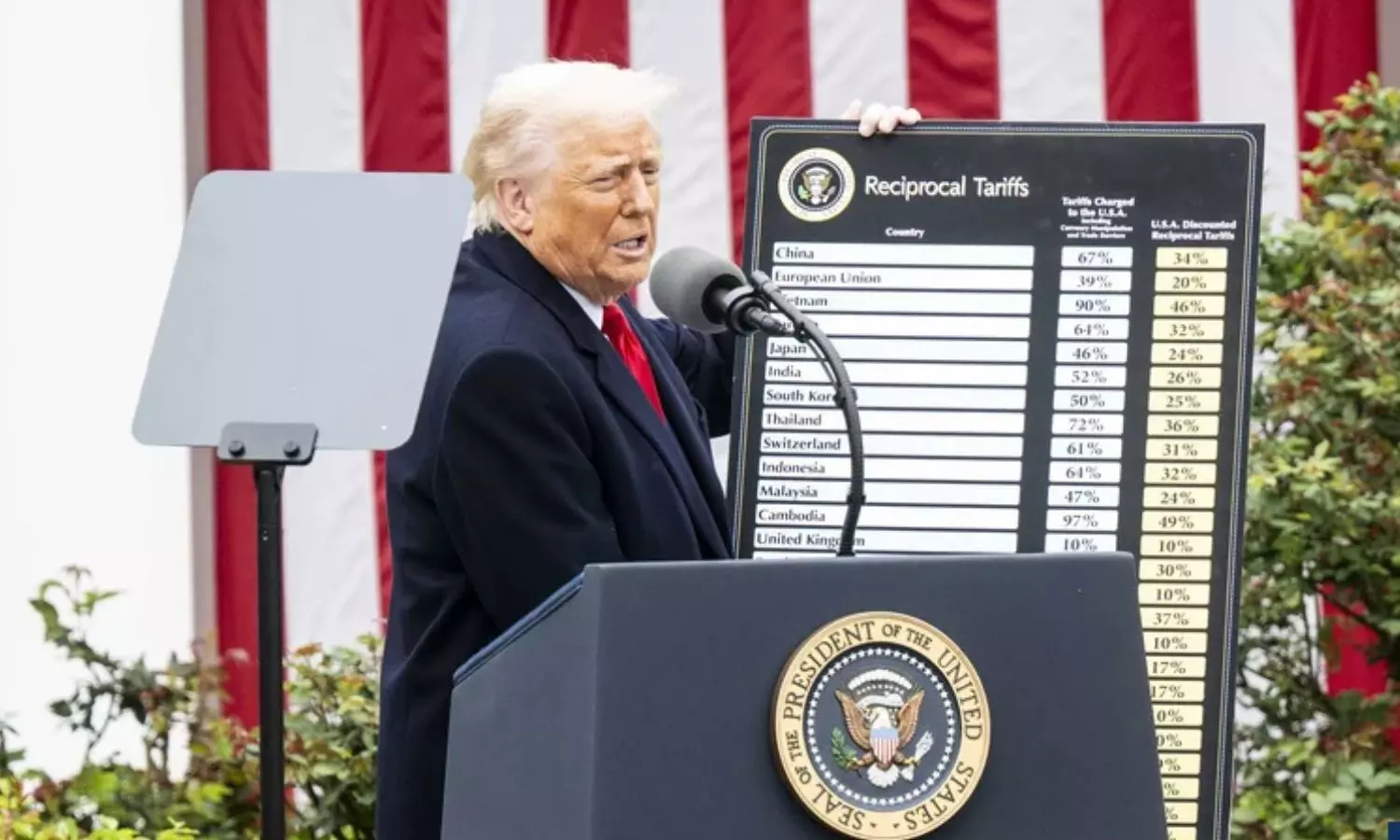Impact of tariffs on hospitality industry
Explore how tariffs impact the hospitality industry, influencing supply chain costs, pricing strategies, international tourism, and overall business profitability.
Impact of tariffs on hospitality industry

According to a Goldman Sachs analysis (March 2025), these tariffs could add 8-12% to development costs across industries, with hospitality particularly vulnerable due to its heavy reliance on imported fixtures, equipment, and construction materials.
These are challenging times for the beverage alcohol industry. Changing weather patterns and wildfires are affecting production of essential ingredients like grapes, barley, and hops. Many consumers are switching to low- and no-alcohol beverages. And now, tariffs.
A coalition of 57 U.S. alcohol industry associations sent President Donald Trump a letter Wednesday urging him to exclude spirits and wine from tariffs placed on the E.U.
The Toasts Not Tariffs Coalition said in its letter that if alcohol is included in the 15% tariff rate placed on the E.U., then the industry could lose nearly $2 billion in sales and more than 25,000 jobs.
“The restaurant industry is concerned that the inclusion of European wine and spirits in the recently announced U.S.-EU trade agreement will increase costs and push up menu prices for consumers who want these choices,” Michelle Korsmo, CEO and president of the National Restaurant Association, said in a coalition press release. “For specific cuisines or restaurant brand positioning, international wine and spirits are an essential part of a restaurant’s unique and varied beverage alcohol offering and part of the expectations of their customers.”
The EU is likely to see $31 billion worth of food exports to the U.S. impacted. The restaurant industry’s dependence on imported goods leaves it vulnerable to the new tariffs. Restaurants across the U.S. rely on essential imports like food products, packaging materials, furniture, fixtures, and equipment. Even restaurants that primarily rely on local ingredients will likely see costs rise as increased demand for domestic goods drives prices higher.
Tariffs are expected to significantly increase the prices of commonly imported items such as coffee, chocolate, and certain seafood. Coffee prices, in particular, could soar, given that the U.S. imports 99% of its coffee supply. Fresh produce prices are expected to rise by 4%, while overall food prices are projected to increase by 2.8%.
Imported wines from France, Italy, Chile, and Australia, specialty beers from Europe, and various imported spirits will face substantial price increases. Even non-alcoholic beverages containing imported ingredients may see cost hikes.
Even seemingly straightforward items like imported paper goods and specialized containers could become more expensive, depending on the source of raw materials and manufacturing processes.
Hotels that rely on imported furniture, fixtures, and equipment (FF&E) face sharply rising procurement costs. Tariffs will drive up prices, even for hotels that source domestically manufactured products, as approximately half of all U.S. imports consist of inputs used in domestic manufacturing.
These tariffs will affect a wide range of essential goods critical to hotel operations, from linens and furniture to guest amenities and construction materials, significantly impacting their ability to maintain quality and profitability.
Many hotels rely on imported cotton for bedding, towels, and other linens due to cost considerations or specific quality preferences. Nearly all textiles are sourced from overseas, with a significant portion coming from China. These goods are expected to face tariffs of at least 54% on most items in the near future, resulting in substantial price increases for synthetic fabrics used in curtains, carpets, and sheets.
Imported furniture, lighting fixtures, and decorative items are commonly used in hotel rooms and public spaces, particularly those aiming for a specific design aesthetic. As tariffs drive up prices, hotels will struggle to maintain high-quality interior designs without raising costs.
Essential guest amenities such as imported soaps, lotions, or teas are likely to see significant price increases, impacting both guest satisfaction and operational budgets.
Moreover, retaliatory tariffs imposed by other countries could significantly harm international tourism to the United States. As foreign governments respond to U.S. trade policies with their own tariffs, travelers from those nations may be less inclined to visit the U.S. due to higher costs or political tensions. A decline in international tourism would directly impact hotel occupancy rates and restaurant patronage, particularly in popular tourist destinations like New York City, Los Angeles, Miami, and Las Vegas.
Additionally, for domestic manufacturers to invest the necessary resources to satisfy domestic production needs, it would require assurances that these tariffs will remain after January 20, 2029.
The combination of high tariffs and declining tourism revenue creates a double-edged sword that threatens profitability across both industries. Foreign tourists contribute billions of dollars annually to the U.S. economy, and even modest declines in visitor numbers can have severe repercussions.
Tariffs present substantial obstacles, but by embracing strategic adaptations, driving innovation, and actively engaging with available resources and industry networks, restaurants and hotels can enhance their resilience and work towards a more stable future.

